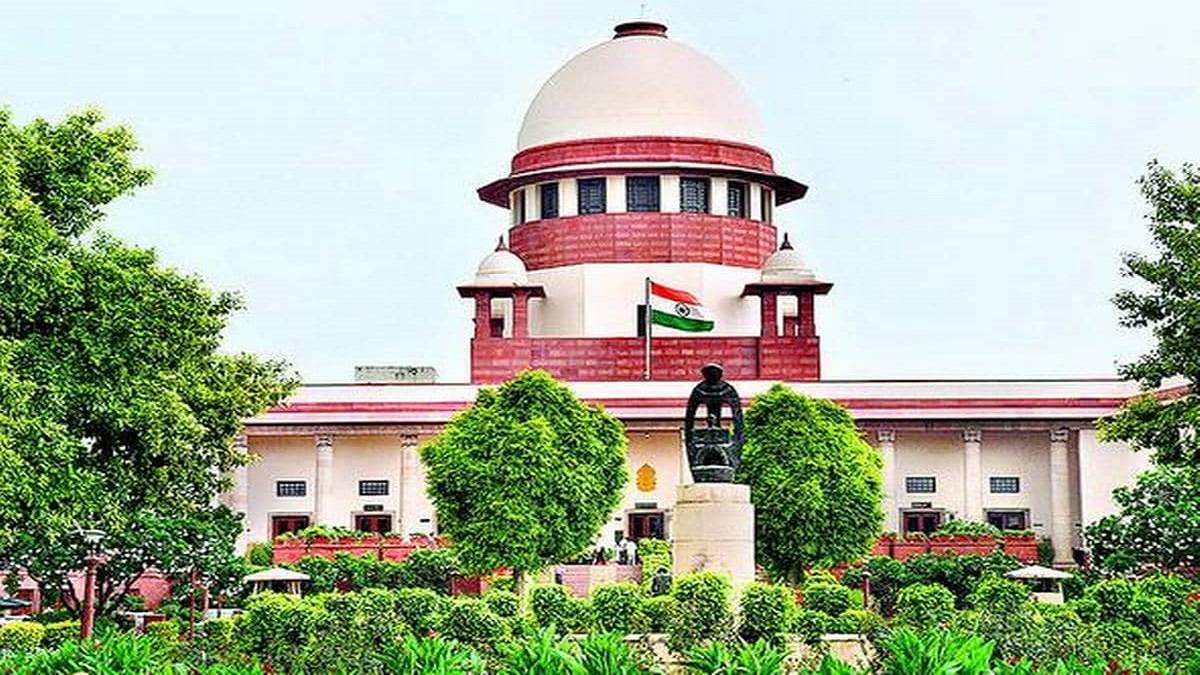Supreme Court approves EWS Quota in Education, Jobs; 'EWS reservation does not violate equality code'
Delivering the Judgment Justice JB Pardiwala observed: “Reservation should not continue for an indefinite time so that it becomes a vested interest.”
The Supreme Court of India has upheld the Constitutional validity of 10 percent reservation for Economically Weaker Sections (EWS) in admissions to educational institutions and government jobs.
The apex court while hearing a clutch of petitions challenging the constitutional validity of the 103rd amendment to the Constitution backed a 10% quota for admission and jobs in educational institutions, colleges and universities and other government jobs for the EWS.
The Central government introduced the quota just before the 2019 general elections. While hearing the petition, SC observed that reservation on an economic basis does not violate the essential features of the Constitution of India.
The five-judge Constitutional Bench of the Supreme Court constituting Justices Dinesh Maheshwari, Bela M Trivedi and JB Pardiwala who ruled in favour of the quota, while Chief Justice UU Lalit and Justice S Ravindra Bhat dissented.
Delivering the Judgment Justice JB Pardiwala observed: “Reservation should not continue for an indefinite time so that it becomes a vested interest. Finally, I uphold the EWS amendment.”
The EWS Reservation
The Supreme Court today said that the EWS quota is not discriminatory and does not alter the basic structure of the constitution. The EWS quota introduced in 2019 bypassed affirmative action that benefits communities traditionally marginalised in Indian society, like the Scheduled Caste and Scheduled Tribes (SC/STs) and Other Backward Classes (OBCs).
In January 2019, the quota was introduced through the 103rd constitutional amendment by the Government of India. The amendment introduced a 10 per cent reservation for Economically Weaker Sections (EWS) in admissions to educational institutions and government jobs.
The Petitions filed in Supreme Court questioned how the quota could cross the 50 per cent national cap on reservation set by the Supreme Court in 1992 and whether it changed the "basic structure" of the constitution.
As many as 40 petitions were heard by the Supreme Court against the EWS Reservation. The case was first presented before three judges, who referred it to a larger five-judge bench in 2019.
Reading out the order, Justice Dinesh Maheshwari said: “EWS reservation does not violate the equality code or violate essential feature of constitution and breach of 50 percent does not violate basic structure as the ceiling limit is here only for 16(4) and (5).”
Follow Shiksha.com for latest education news in detail on Exam Results, Dates, Admit Cards, & Schedules, Colleges & Universities news related to Admissions & Courses, Board exams, Scholarships, Careers, Education Events, New education policies & Regulations.
To get in touch with Shiksha news team, please write to us at news@shiksha.com


Abhay Anand is an experienced education journalist with over 15 years in print and digital media. Currently serving as Manager- Editorial at Shiksha.com, he specializes in higher education policy, student mobility,
Read Full Bio